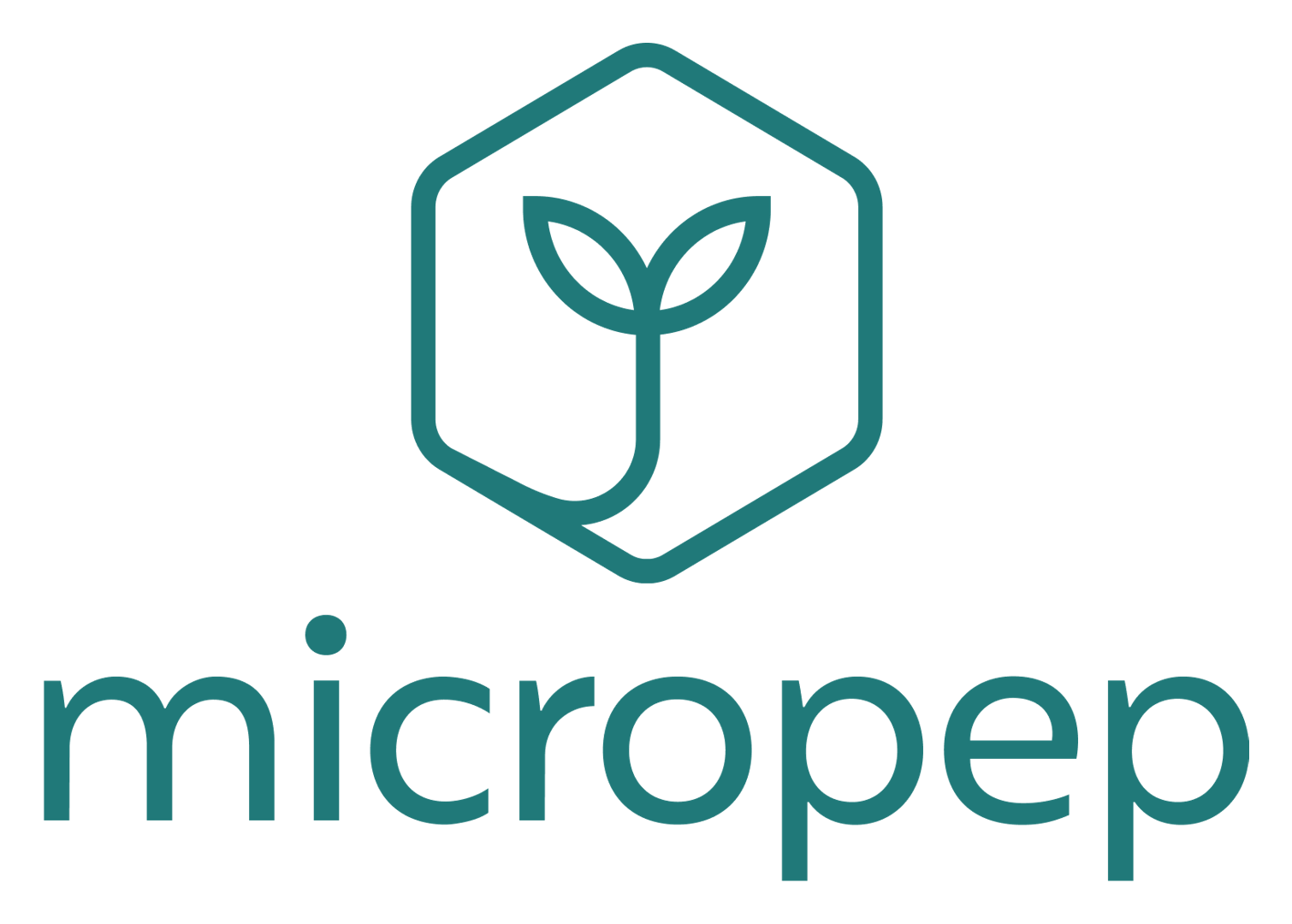Offre de stage de M2 Bio-informatique
Description
Micropep is a French biotech firm developing the next generation of biological crop protection solutions based on the incredible potential of micropeptides; short natural peptide molecules that target and regulate plant genes and proteins.
The company’s proprietary discovery platform blends artificial intelligence, computer science, plant biology and peptide biochemistry to select and produce the best micropeptide candidates amongst billions. Its current pipeline targets resistant pathogens and weeds threatening major crops throughout the world.
The company was founded in 2016 as a spin-off of “LRSV”, a Plant Research Laboratory at Centre National de la Recherche Scientifique (CNRS) and Toulouse University, a center of excellence in AgriTech. After an initial $5m Seed funding round in 2018, the company closed a $10m Series A in 2021 with prominent European and US investors.
Missions
Introduction
Micropep a testé l’activité antifongique d’une centaine de peptides dérivés d’une séquence commune. Pour l’ensemble de ces peptides, des mesures de relation dose-effet antifongique (EC50) ont été effectuées. Nous souhaitons étudier le lien entre activité antifongique et structure du peptide et déterminer s’il est possible de prédire l’activité de nouveaux variants. Pour cela, différentes stratégies peuvent être envisagées, telles que l’alphabet structural des Protein Block (Mirjana M.Maljković et al, 2022) ou l’échantillonnage conformationnel (Liwo et al., 2008).
Objectifs
Générer pour tous les peptides leurs ensembles conformationnels.
Proposer des descripteurs de ces ensembles conformationnels permettant de séparer les différents variants
Etudier le lien entre ces descripteurs et l’activité antifongique des peptides, à l’aide de clustering ou de régression.
Proposer des peptides variants ayant une potentielle activité antifongique
Condition
Durée : 6 mois
Localisation : Auzeville Tolosane, France
Télétravail partiel
Références
Maljković, MM, Mitić, NS, de Brevern, AG (2022). Prediction of structural alphabet protein blocks using data mining. Biochimie, 197:74-85.
Liwo, A., Czaplewski, C., Ołdziej, S., & Scheraga, H. A. (2008). Computational techniques for efficient conformational sampling of proteins. Current opinion in structural biology, 18(2), 134-139.
Profil
Etudiant M2 dans un des domaines suivants: Bioinformatique, Biologie computationnelle, Informatique ou similaire
